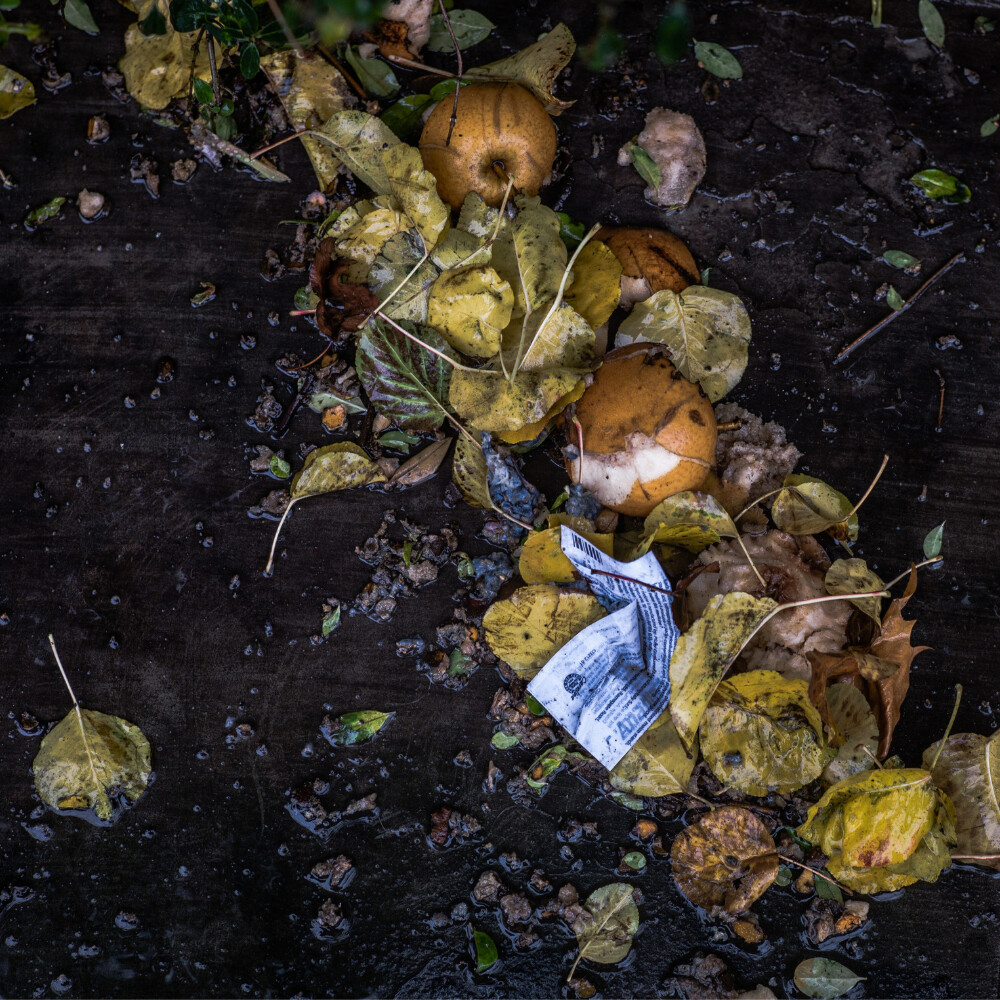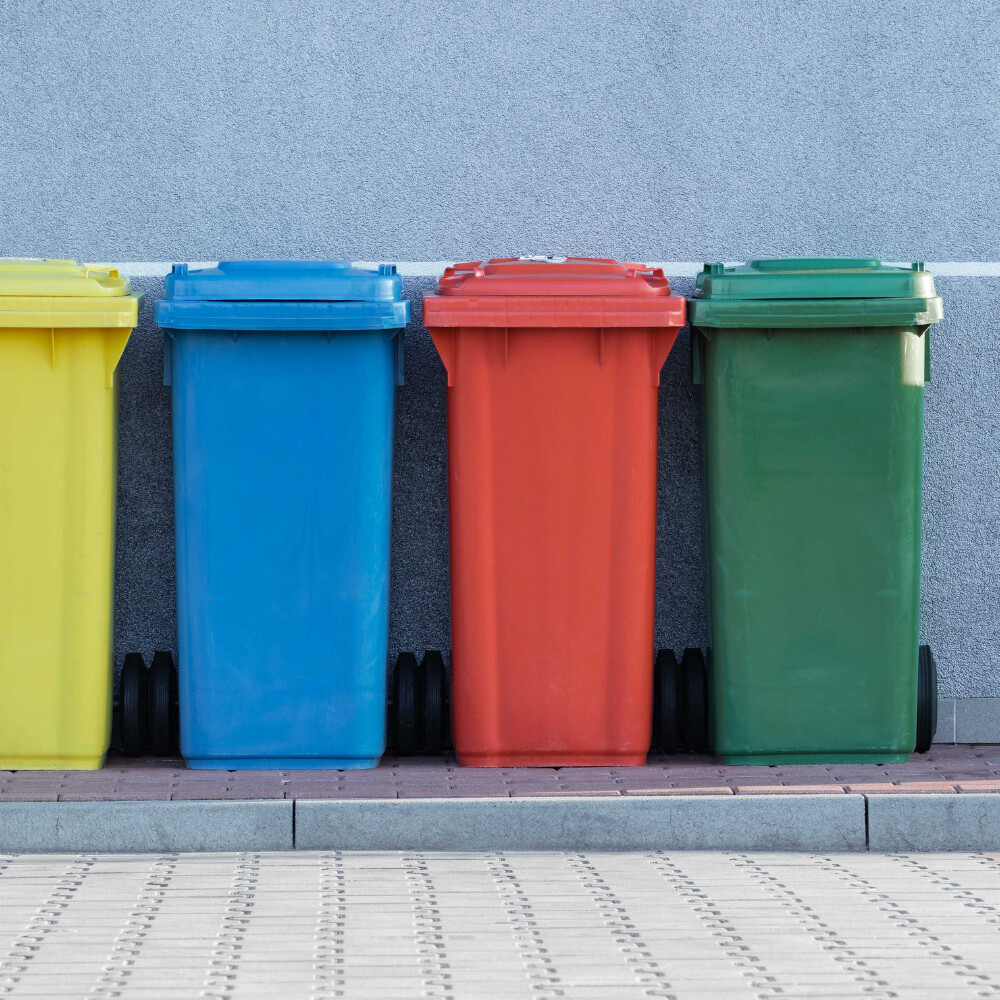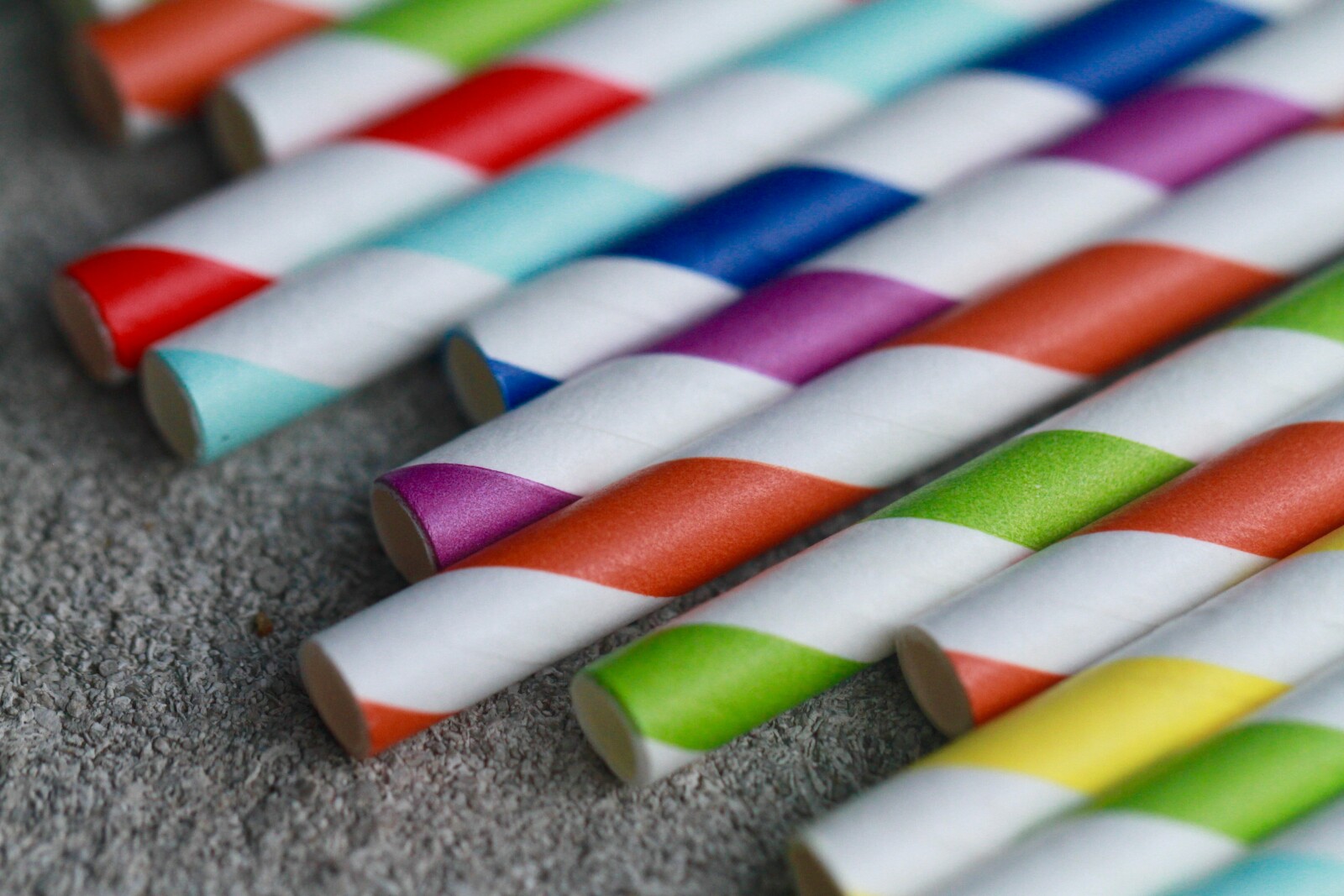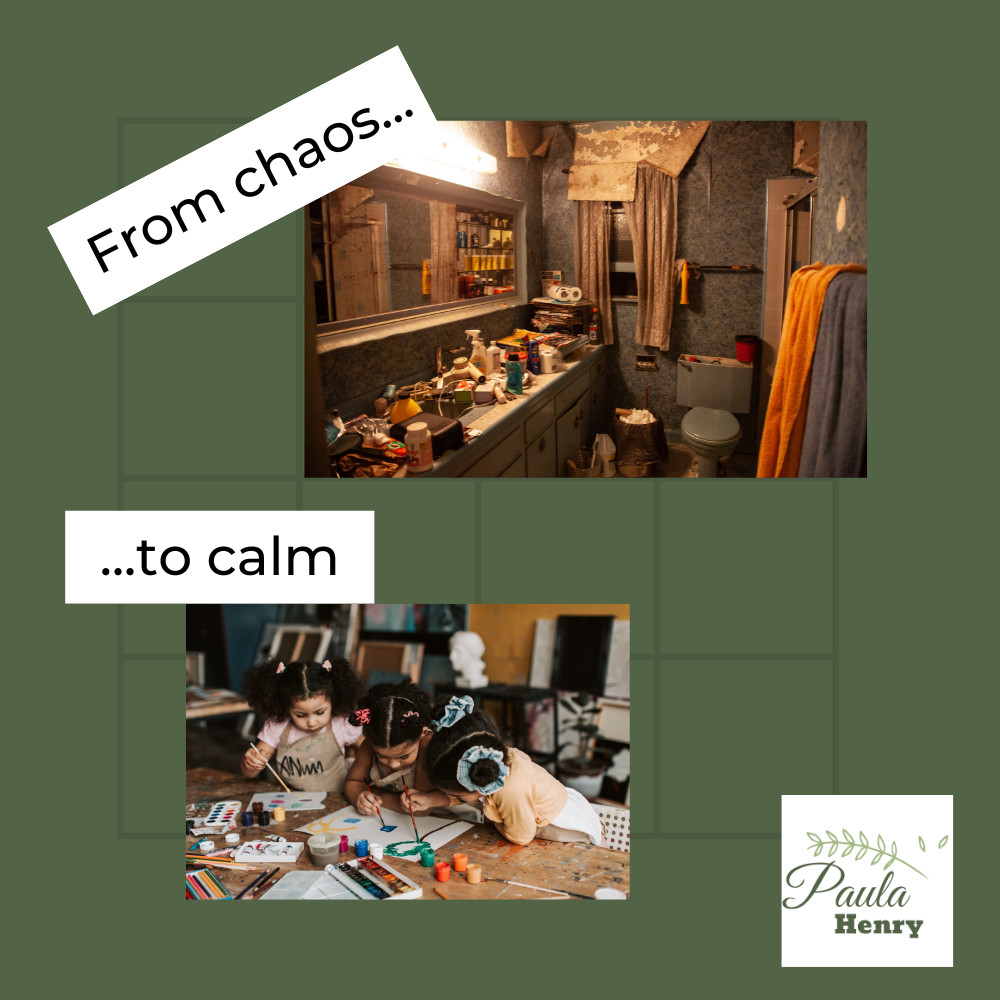
On a recent blog post, I provided some suggestions on alternatives to new plastic trash bags. You can find that post here. Some of the trash bags were labelled compostable and some were labelled biodegradable. It got me curious about the differences between the two terms, so if you’re curious too, read on.
Although the terms have often been used interchangeably, there are significant differences between the two. The differences become even more important when we talk about their implications to home composting. Biodegradable means that the item will break down naturally over time in a typical outdoor environment. Compostable means that the item will break down over time in an industrial composting environment. So, compostable items are also biodegradable, but items that are labeled biodegradable are not necessarily compostable, at least not in your backyard.
Compostable products will break down in an industrial composting environment. The key word here is industrial. This does not mean that they will decompose in a backyard compost pile. Industrial composting facilities keep tight control over the moisture and temperature of their materials whereas most backyard composters do not. The rate and which a material will decompose is dependent on the environment in which it is in. If it’s not ideal, decomposition can be very slow or nonexistent.
If you have access to industrial composting facilities, purchasing either biodegradable or compostable products will work well for you, as you will have a place to take them. If you don’t have access to industrial composting, but you have a backyard compost pile, you need to know if these products will breakdown in it. If you want to ensure that a product will decompose in your backyard compost pile, make sure the product is labelled “home compostable”. Otherwise, the labeling is likely for industrial composting facilities.
Some of the compostable products that I am drawn to in terms of being more sustainable are paper plates and utensils. These are a great alternative to disposable plastic utensils, particularly for parties. When people gather for potluck lunches, parties, etc, disposable dishes and cutlery is the norm. Why not go for the compostable version? It might be a bit more expensive, but it would reduce the plastic being thrown away. I have access to industrial composting, so for me, this works as a replacement for single use plastic. If this sounds good to you but you are planning to put these in your backyard compost, you may not find it to be such a good idea.
No matter what you decide to purchase, take some time to learn the difference between these two terms so you know what to expect in the long term with the products that you buy.
















0 Comments